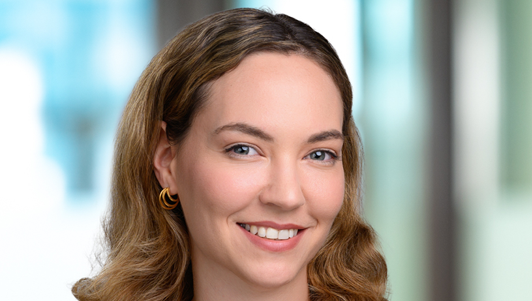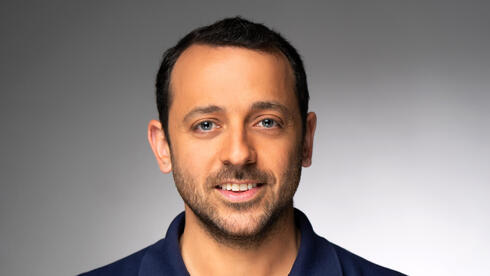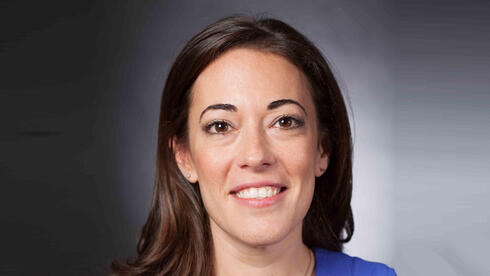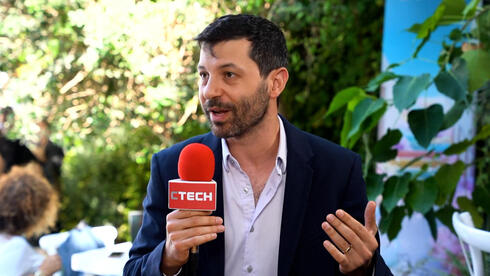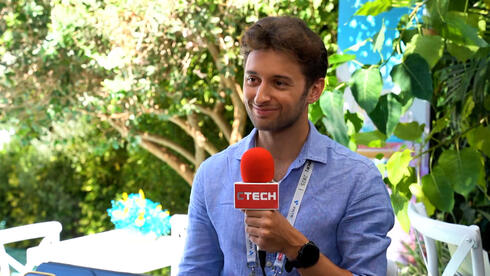
CTalk
Jewish Climate Trust tackles AI’s environmental dilemma
At Calcalist’s AI Conference 2025 in Tel Aviv, Joe Gamse, COO of Jewish Climate Trust, spoke to CTech about the climate-related challenges posed by AI and the considerations for the high-tech sector in adopting the technology responsibly.
Joe Gamse
(Photo: Streame)
The Jewish Climate Trust is a new philanthropic organization, the mission of which “is to maximize the Jewish people's positive climate impact… both mitigation, reducing emissions, and adaptation and resiliency, dealing with the climate crises we're already seeing everywhere around the world,” explained COO Joe Gamse to CTech in conversation at Calcalist’s AI Conference 2025.
While the rise of AI represents a major advancement for the high-tech industry, for an organization like JCT it also raises concerns about how companies and sectors can and should address its environmental impact, particularly its carbon footprint. “AI more than almost any other technology, [has] huge challenges, huge opportunities and a lot of unknowns,” said Gamse. On one hand, AI could “help improve energy efficiency, change the way that grids work, [and] discover new materials… for solar panels and all sorts of other innovations.”
At the same time, he continued, “there is a huge concern over the amount of energy that AI is using now and the amount that it might use in the future… we know enough to be concerned… but we don't yet know enough to be able to project that accurately.”
For JCT, as Gamse described, one of its key goals is to “figure out for ourselves the best way to use AI internally in a responsible way… and then to be able to share those best practices with others in the field.”
“AI, I think a little bit like social media and the internet before, has had an amazing breakout period, huge uptake, huge excitement about what the implications could be,” he added. “We're at an inflection point now where we're starting to understand the nuances, the dangers, the potential complexities… are you developing an application that's energy efficient and that's socially responsible?”
You can watch the entire exchange in the video above.




